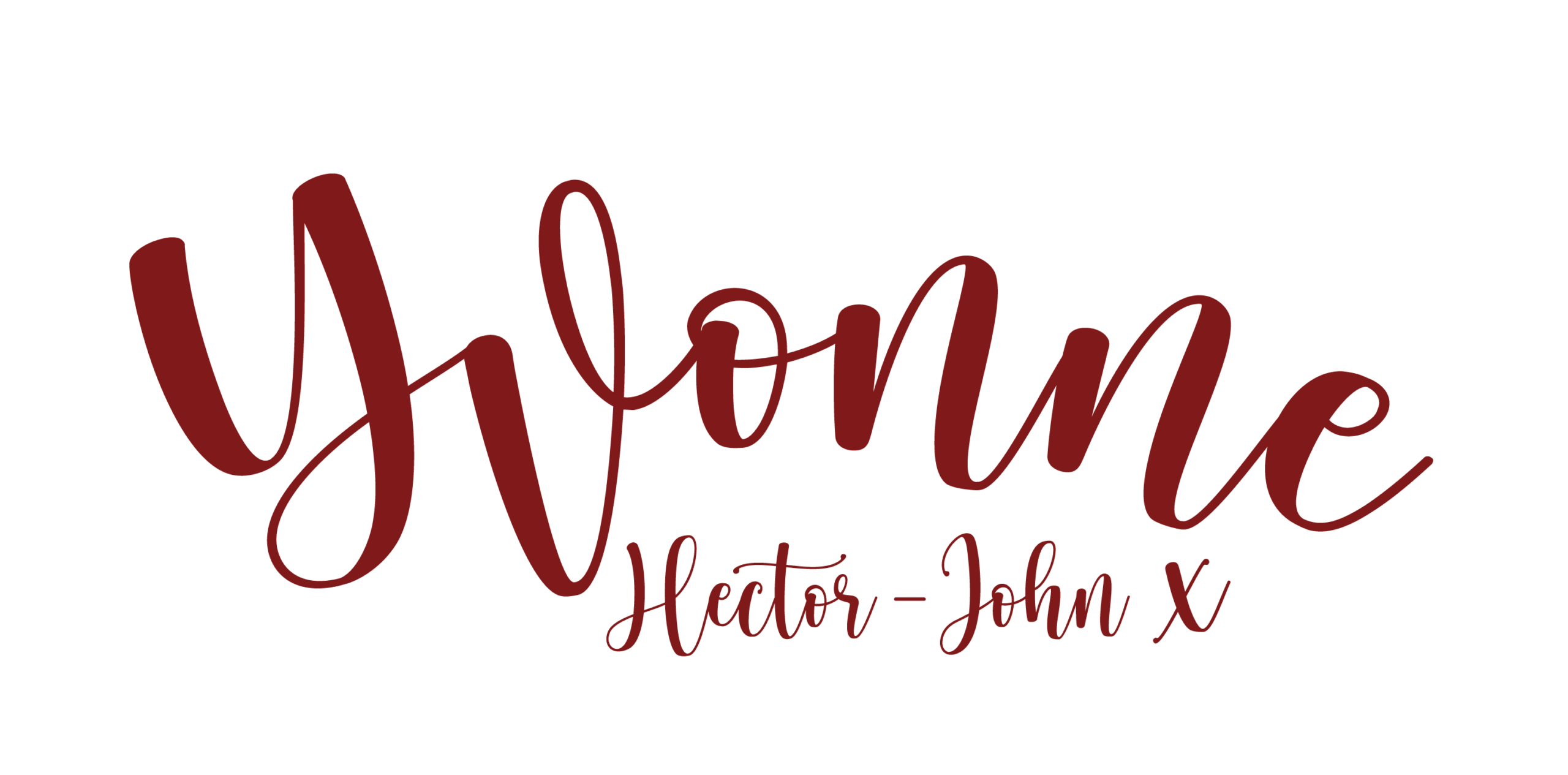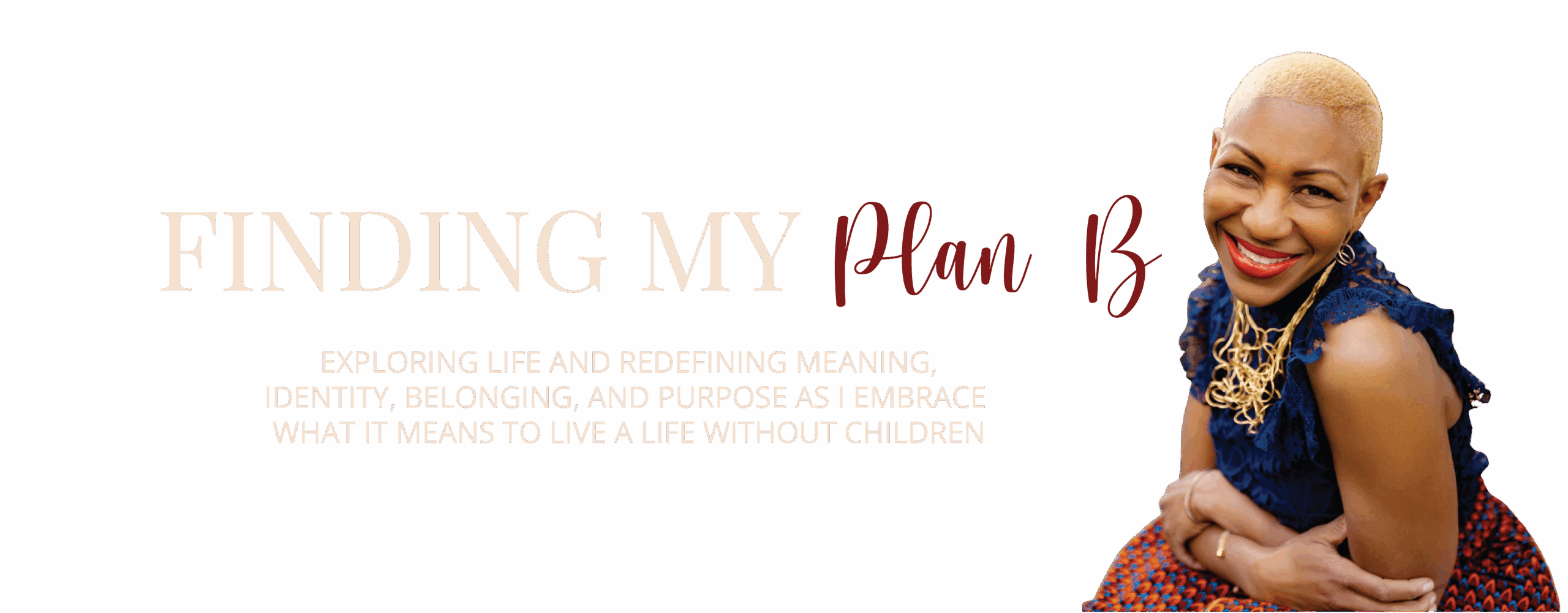When I was invited to speak at the Climate Justice Museum Late Night event at Oxford’s Museum of Natural History, I’ll admit I paused. Not because I didn’t want to be part of it but because I wondered: where do stories of infertility, fibroids, and reproductive injustice fit into a conversation about the planet?
That question stayed with me all evening.
I was on the bill at 8:10pm, in conversation with researcher and filmmaker Akosua Paries-Osei following the screening of her hauntingly beautiful short, Seditious Seeds of Forbidden Flowers. We first met in January at the Misconception event in London where I was privileged to learn about Akosua’s research and share the stage with her. Together, we spoke about seed justice, infertility, and the ancestral grief embedded in Black women’s relationships with their bodies and the land. We spoke about loss of autonomy, of (control of and lack of) fertility, of heritage and about the ways in which our stories are too often left out of climate narratives.

Looking back now, our session stood apart.
Most of the evening focused, understandably, on the state of the climate: films, research, art installations, and poetry exploring water conservation, food systems, activism, and planetary futures. There was beauty and urgency in every corner. People came to reflect on climate injustice and saving the planet. But few were asked to reflect on who’s been harmed in the name of “saving” it or whose bodies were seen as expendable in the building of this so-called civilisation.
Akosua and I brought a different kind of lens. One rooted in embodiment. In blood. In history. In the way the climate crisis sits not just in the atmosphere, but in our wombs, our bones, our memories.
What has climate justice got to do with infertility?
Everything.
Because climate justice is not just about the melting ice caps or carbon emissions. It’s about systems. And every system whether medical, environmental, or economic has been shaped by colonial values and extractive logic. The same logic that treats the Earth as a commodity is the one that treated Black women’s bodies as property. The same system that exploits natural resources is the one that historically forced sterilisation on women of colour. It’s all connected.
As I said in my talk: “The Earth and our wombs both sacred, both scarred deserve to be protected, honoured, and heard.”
Yet so often, we’re not. Not in medical rooms. Not in climate spaces. Not even in justice movements.
Who gets to care for the planet?
This is a question I keep returning to.
During our session, Akosua and I explored something that’s often unspoken that when you feel uncared for by the system, you’re less likely to care about preserving it. And I don’t mean that as apathy or ignorance. I mean survival.
When your body is in constant pain from fibroids, from endometriosis/ adenomyosis, from being dismissed again and again where is the energy left to care about emissions? When your grief over infertility is met with silence, when your womb is treated as defective, when you’re told that not being a mother means you have no stake in the future how do you find a place in movements demanding that you act now for tomorrow?
There’s a dangerous assumption that those who are childless don’t care about legacy. That we are somehow exempt from the duty of stewardship. But as I’ve often said: “We don’t need to push out a baby to help push humanity forward.” [thanks Tracee Ellis Ross from that Quote].


Reproductive justice is climate justice
Our presence at that event was more than symbolic.
It was a reminder that any vision of justice that does not include our bodies, our stories, our pain, is incomplete.
It was a reminder that climate justice must include:
- The Black woman in her forties being told her pain is “just her age.”
- The woman who had a hysterectomy she didn’t want.
- The woman whose infertility remains a mystery.
- The women who live with inherited trauma from ancestors used as breeding stock.
It must include those of us who grieve quietly. Those who have been told we are too much, too angry, too broken, too late.
Because until our pain is acknowledged, there is no true healing. And without healing, how can we build sustainable futures?
A call for integration, not inclusion
What I left that night wanting wasn’t just more diversity of speakers though that matters. It was deeper integration. A recognition that our stories don’t just “add flavour” to events like this. They are central to the work. They challenge the very roots of why the climate crisis exists in the first place.
Akosua’s film, rooted in ancestral seed knowledge, and my reflections on being childless by circumstance, weren’t deviations from the theme. They were the theme.
Because the climate crisis is not just about heatwaves and floods. It is about bodies. About who is allowed to thrive, and who is left to wither.
Final reflections
I didn’t get to see all the events that night but I left feeling both grateful and heavy. Grateful for the space, the listening, the honesty in the room. Heavy with the realisation that even in justice spaces, we still have to justify our pain.
But I also left with hope.
Because change begins when we start widening the lens. When we stop separating environmental grief from reproductive grief. When we see the connections between seed sovereignty and bodily autonomy. When we honour the Earth and the womb not just as metaphors, but as places of sacred knowing.
Climate justice is not just about saving the planet.
It’s about saving each other.
If you would like me to speak at your event or explore how to bring intersectional stories of grief, justice and healing into your organisation, you can contact me directly via my website or social media platforms. I’d love to hear from you.




Recent Comments